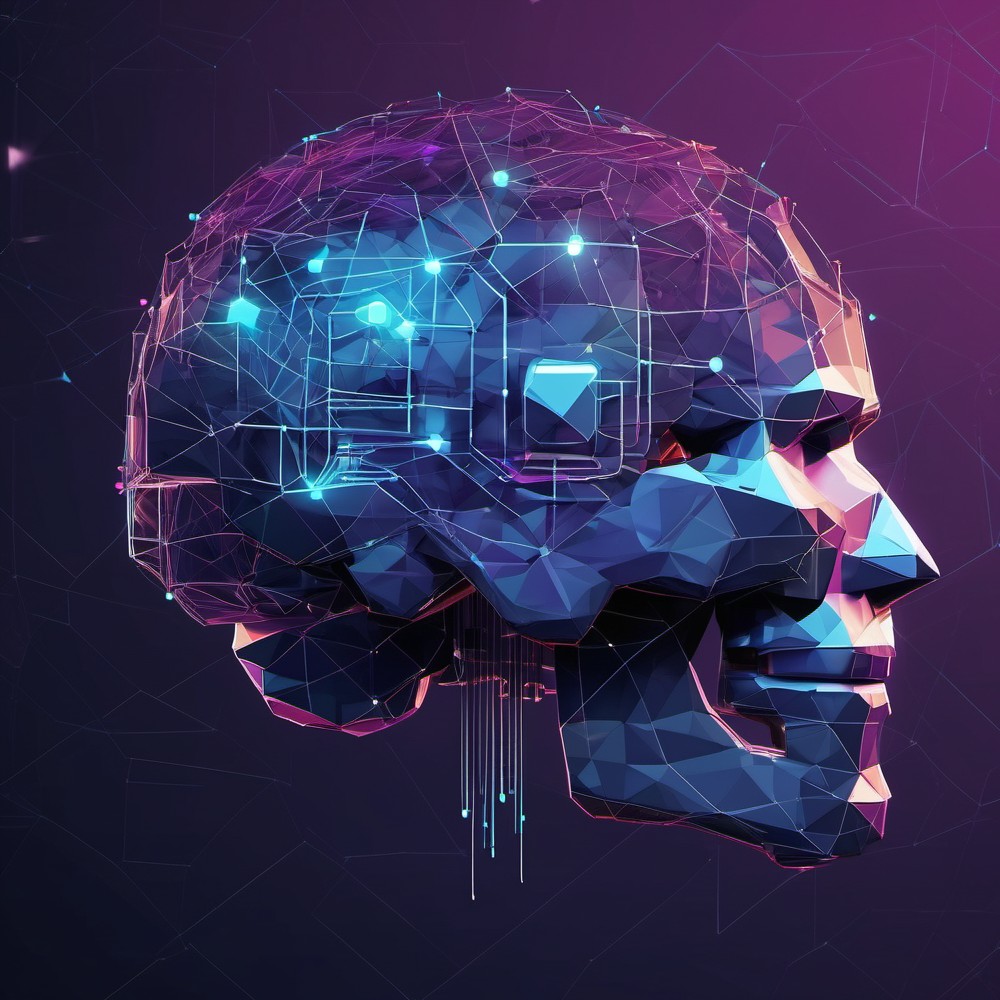Published:

While cultural intelligence has been a notable skill in today’s diverse business world, emotional intelligence is a new buzzword, making its mark. Emotional intelligence is about understanding and managing our emotions and those of others. This shift has occurred, as emotional intelligence is more crucial in the business world than ever, especially with the rise of artificial intelligence.
Emotional intelligence is critical in business beyond connecting with people and building . Studies continually demonstrate its importance, linking it to improved job performance, leadership efficacy, and overall . The undervaluation of emotional intelligence and the reluctance to address a vulnerability in developing empathy are further exacerbated by misconceptions about it being seen as a . In the workplace, leaders must possess . Leaders often rely heavily on rational and logic-driven decision-making in guiding . However, paying attention to the development of emotional intelligence can heighten awareness regarding the emotional hurdles teams face . Influential leaders recognize the dynamics of emotions and utilize their emotional intelligence (EQ) to connect appropriately with their They provide support and understanding even amidst uncertainty and stress, leveraging their EQ to navigate complex situations . By adeptly managing this emotional journey, leaders can reverse potential downward spirals and enhance the success of their transformation . As the business landscape evolves, there’s a growing recognition of the importance of EQ, particularly in light of the increasing use of AI in various business . Leaders must adapt rapidly to this new reality, focusing on areas where AI cannot replace human capabilities, such as emotional intelligence. For example, when managing sales teams, while AI digital workers excel at data analysis, process automation, and providing insights, human sales representatives offer irreplaceable qualities crucial for fostering trust and navigating complex client . The human touch enables personalized communication, empathy, and adaptability to unforeseen . Emotional intelligence complements AI by bringing a human touch to leadership, fostering engagement, feedback, and team . Fortunately, EQ can be developed through training and self-awareness, allowing leaders to effectively navigate the emotional rollercoaster of
Even with emotional intelligence, the slow rise of emotions in AI is becoming increasingly . Picking up on nuances like tone of voice, body language, and unspoken cues to being a good. Only some people possess the wit to perceive these .
Recent research from the Max Planck Institute suggests that artificial intelligence systems might slowly catching up with humans in deciphering . Hannes Diemerling and his team at the Institute demonstrated that machine learning algorithms can accurately detect emotions from short audio clips, as brief as . Their study, published in Frontiers in Psychology, indicates that AI models can discern emotions such as joy, anger, sadness, fear, disgust, and neutrality with an accuracy comparable to . However, the research acknowledges certain . While their tests aimed to gauge AI’s ability to recognize emotions across languages and cultural nuances, they believe pre-recorded sentences may only partially capture the complexity of natural, spontaneous. Even with these challenges, the study represents a significant step towards understanding how AI can perceive and respond to human .
As the business world evolves, emotional and cultural intelligence emerge as critical skills. With the rise of artificial intelligence, emotional intelligence proves indispensable, particularly in leadership. Studies consistently show its impact on job performance and well-being. Despite AI’s advancements in understanding emotions, human touch remains irreplaceable. Leaders must prioritize emotional intelligence development to navigate complex team dynamics effectively. In the ever-changing business landscape, emotional intelligence ensures that human connections complement technological progress for optimal outcomes.
File under